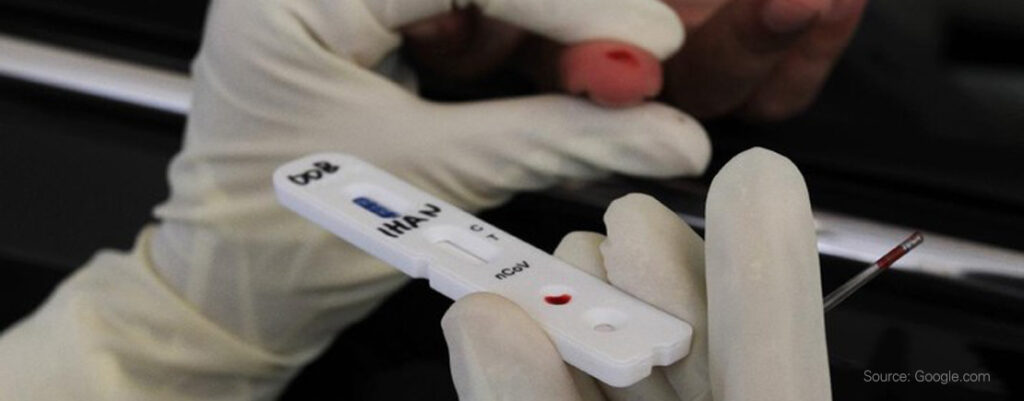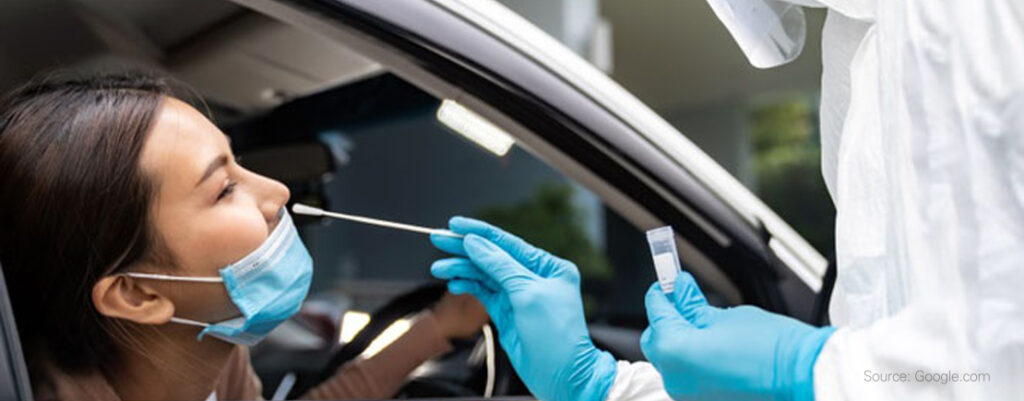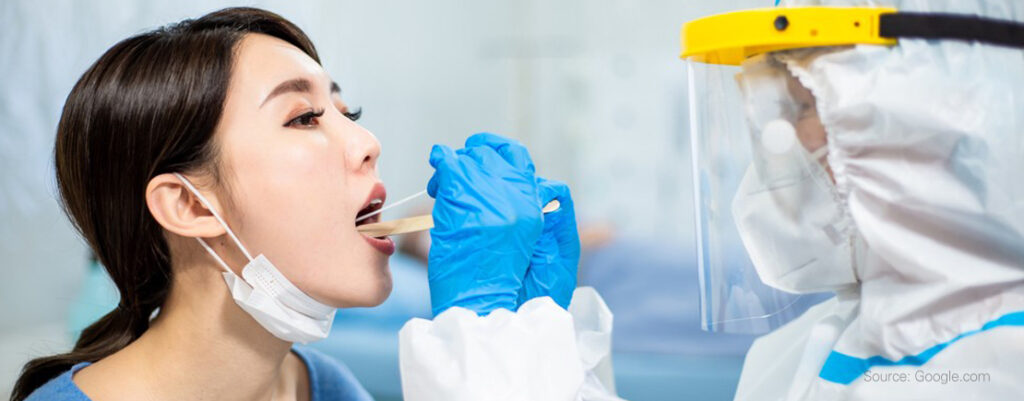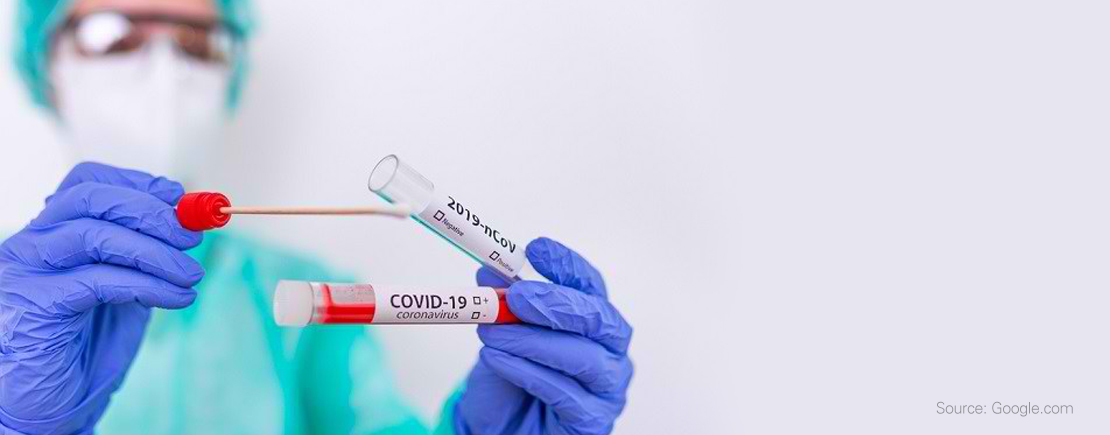Difference between Rapid Test, Antigen Swab and PCR Swab
There are several types or ways to test whether a person is infected with the COVID-19 virus or not, namely Rapid Test , Antigen Swab and PCR Swab . Then, what is the difference and which one is the most accurate result? Check out the following explanation!
1. Rapid Test

Rapid test is done by taking a blood sample, where this test will recognize the antibody protein in the sample. The accuracy of the rapid test runs the risk of being inaccurate if it is carried out on those who have never been infected with the Corona virus. Moreover, each person gives a different antibody response when infected, and the antibodies detected are actually for viruses in general not specific for COVID-19, where antibody detection does not mean the body is fully protected from COVID-19. Therefore, for people who carry out rapid tests, they must still carry out health protocols at all times.
2. Antigen Swabs

Antigen swab is done by taking samples at the bridge of the nose and throat. Samples were taken with a swab test so that it was similar to the implementation of the PCR test. This test aims to look for proteins found on the surface of the virus, in contrast to the PCR test which looks for genetic material in the corona virus that causes COVID-19. The results of the antigen swab are also faster than the PCR test, but the results are still not very sensitive. The risk arises if the reagents misrecognize the COVID-19 protein or miss it altogether. Therefore, it is still recommended to carry out a PCR test after an antigen swab. Especially in patients whose results are negative but show symptoms or are at risk of being exposed to COVID-19.
3. PCR Swabs

PCR or Polymerase Chain Reaction is a mechanism for reading the genetic code in samples to determine the presence of COVID-19. The PCR test is done with a swab or swab to take a sample at the bridge of the nose and throat. The PCR test mechanism uses a reverse-copied COVID-19 RNA sample to form DNA pairs. Copies are propagated by PCR until multiple strands of DNA are formed, which usually takes 6 hours to two days. Although it takes longer, the PCR test can provide the most accurate results, and this test can only be performed by trained medical personnel.



